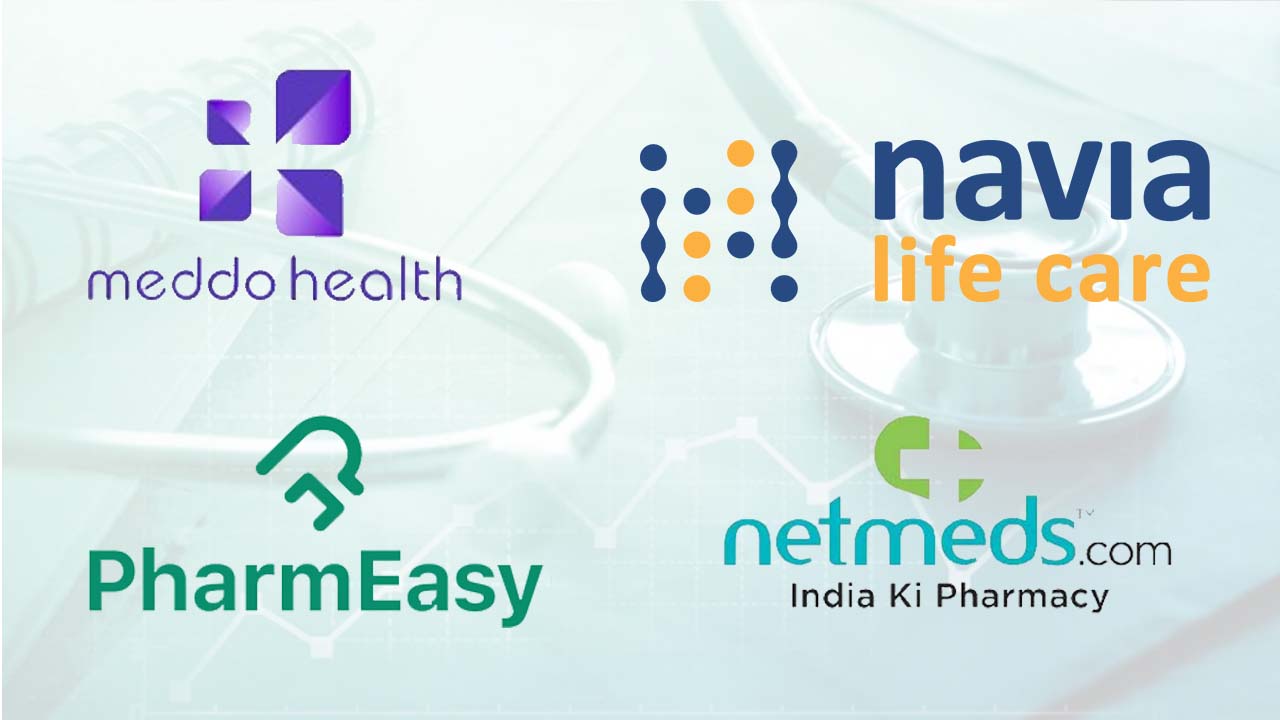To address enduring healthcare concerns, healthcare companies are developing ground-breaking solutions utilising AI, IoT, robots, and data analytics. Below is a list of four startups setting the standard for healthcare in the future.
Meddo
The digital outpatient care platform Meddo was established in Gurugram in 2018 by Saurabh Kochhar and Dr. Naveen Nishchal. Its objective is to transform freestanding clinics into modern, comprehensive health centers that provide top-notch treatment at reasonable costs while standardising and modernising services throughout all of these locations. In order to transform clinics into full-service healthcare facilities that provide all patients with a single point of contact for care, Meddo works with them. With the aid of their own systems and technology, they also assist in digitally enabling the entire healthcare ecosystem. The business combines carefully chosen well-known specialists with nutrition, lifestyle, and medical testing. Customers can view their health records through the company's mobile app.
Navia Life Care
Navia Life Care, one of India's fastest-growing digital health companies, contributes to bettering the ecosystem's access to high-quality data and reducing information asymmetry. It was developed with the goal of giving healthcare providers around the world cutting-edge platforms in order to raise the standard of care and improve patient outcomes. Since its establishment in 2016, Navia Life Care has developed a connected care platform that permits the easy interchange of information between many players in the healthcare business. Additionally, this platform generates actual data that offers these stakeholders insightful information to help them understand their condition better.
PharmEasy
The Mumbai-based business PharmEasy was founded in 2015 by Dharmil Sheth, Mikhil Innani, and Dhaval Shah with the intention of developing a platform that links customers with pharmacies. By using the smartphone-based software, customers may conveniently order prescriptions from these pharmacies. Additionally, the application uses a lot of data processing and analytics technologies. Through relationships with more than 80,000 pharmacies in more than 1200 American locations, it serves more than five million customers.
NetMeds
Numerous prescription drugs and other healthcare items are conveniently available in India on their website. Now, even the largest metropolises, secondary and tertiary cities, and remote areas can get the most latest treatments. Online clients should anticipate large discounts because the majority of medications are also offered in generic form. They provide a wide range of OTC products, including wellness items, vitamins, diet/fitness supplements, herbal products, pain relievers, diabetic care kits, baby/mother care items, beauty care items, and surgical supplies, in addition to a large selection of medicines listed under various categories.
The startup ecosystem is the primary force behind this rapid shift. Technology is fundamentally altering the healthcare sector, leading to quick discoveries and advancements. While healthcare technology has seen a number of dramatic developments recently, there has also been a significant increase in the role startups play inside the healthcare system. These new businesses constantly work to change the industry on a worldwide basis. They are ambitious, adaptable, and lean.

 Technology has altered how patients are treated globally, and this tendency will continue. The healthcare industry has begun to benefit from digital technology, particularly AI, in a number of ways, including the development of new pharmaceuticals, support for healthcare professionals' decision-making, and an increase in productivity.
Technology has altered how patients are treated globally, and this tendency will continue. The healthcare industry has begun to benefit from digital technology, particularly AI, in a number of ways, including the development of new pharmaceuticals, support for healthcare professionals' decision-making, and an increase in productivity.









.jpeg)



.jpeg)

.jpg)





.png)





.jpg)
